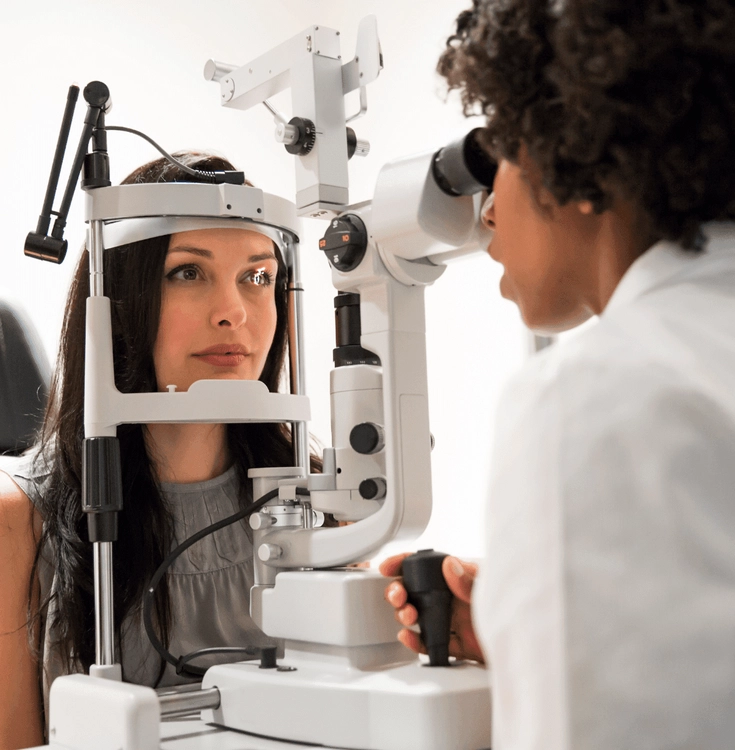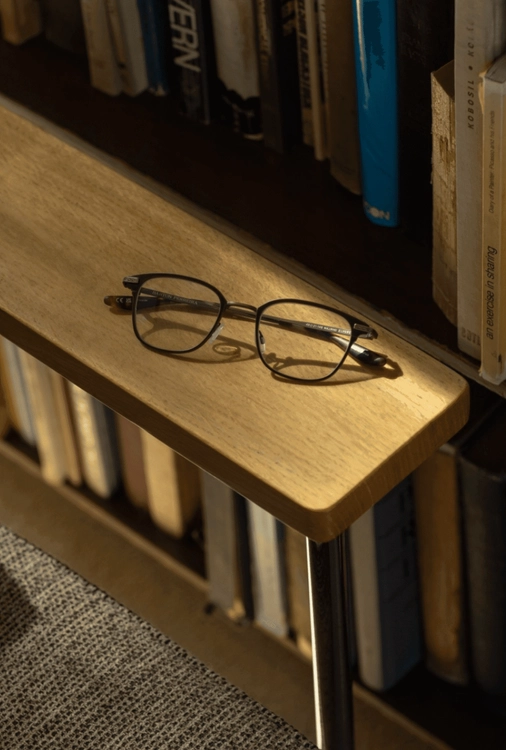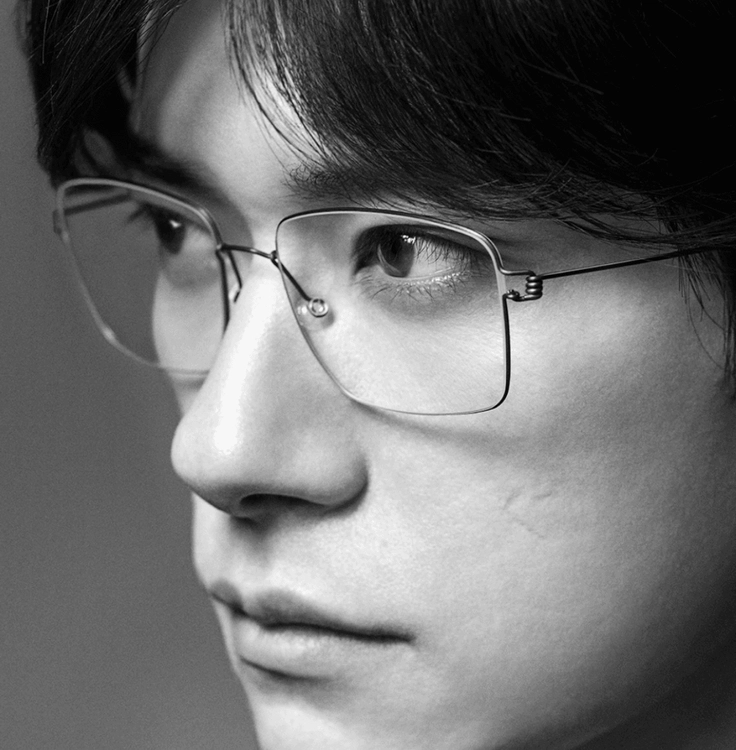
Published on September 5, 2023
Understanding when you should see an optometrist
Routine health check-ups are a fundamental part of maintaining optimal well-being. However, many people are unsure when they should book an appointment with an optometrist regarding eye health. This blog demystifies how often you should go to the eye doctor if you wear glasses and whether you should visit the eye doctor if you have perfect vision. Get all the details you need on when to see an optometrist.

How often should you go to the eye doctor if you wear glasses?
Typically, if you wear corrective eyewear, it's recommended to get your eyes checked every two years. Eye exams allow your optometrist to detect changes in your vision and adjust your prescription accordingly. Eye exams are also an opportunity to examine the health of your eyes and prevent potential issues from arising, such as myopia, hyperopia, astigmatism, and cataracts. If you have a family history of eye diseases or conditions that may impact your vision, including diabetes, you should consider getting your eyes checked annually.
How often should you get your eyes checked after the age of 50?
After the age of 50, it's recommended to have comprehensive eye exams at least every one to two years. As we age, the risk for certain eye diseases and conditions, such as cataracts, glaucoma, macular degeneration, and diabetic retinopathy, increases significantly. Regular eye check-ups ensure early detection and management of these conditions, which can be critical in preventing vision loss. In addition, our eyes often reflect changes related to systemic health conditions like diabetes and hypertension. Therefore, regular eye exams are an essential aspect of preventive healthcare for older adults.
Should you go to the eye doctor if you have perfect vision?
One of the misconceptions that many people have is that if they have perfect vision, they do not need to visit an optometrist. Contrary to this belief, even if you have 20/20 vision, regular eye check-ups are still important. Optometrists do more than just determine your prescription for eyeglasses or contact lenses. They also check your eyes for common diseases and evaluate your eyes as an indicator of overall health.
What happens during a routine eye exam?
During a regular eye exam, your optometrist will check both your visual acuity and the health of your eyes. Initially, your visual sharpness is determined using a series of tests, often starting with reading letters off an eye chart. The eye doctor might then use various instruments, like a phoropter, to figure out the prescription needed for corrective lenses if there are any refractive errors. Pupil dilation might be carried out to get a clearer view of the retina and optic nerve at the back of the eye. Throughout the process, the optometrist evaluates your eyes' function, alignment, and overall health to detect potential issues early on.
When should you see an optometrist?
While the frequency of visits largely depends on your age, vision, and general well-being, certain signs indicate the need to book an appointment immediately due to an urgent situation. If you experience sudden vision loss, persistent eye pain, redness, headaches, or see flashes of light, floaters, or distorted images, it's time to see an optometrist.
The importance of regular eye examinations cannot be overemphasized. Even if your vision seems perfect, an optometrist can spot early signs of diseases and conditions that could impact your eyes and health. So, be sure to schedule an appointment with your optometrist. Your eyes will thank you for it!
Jacinthe Laurendeau Optician



